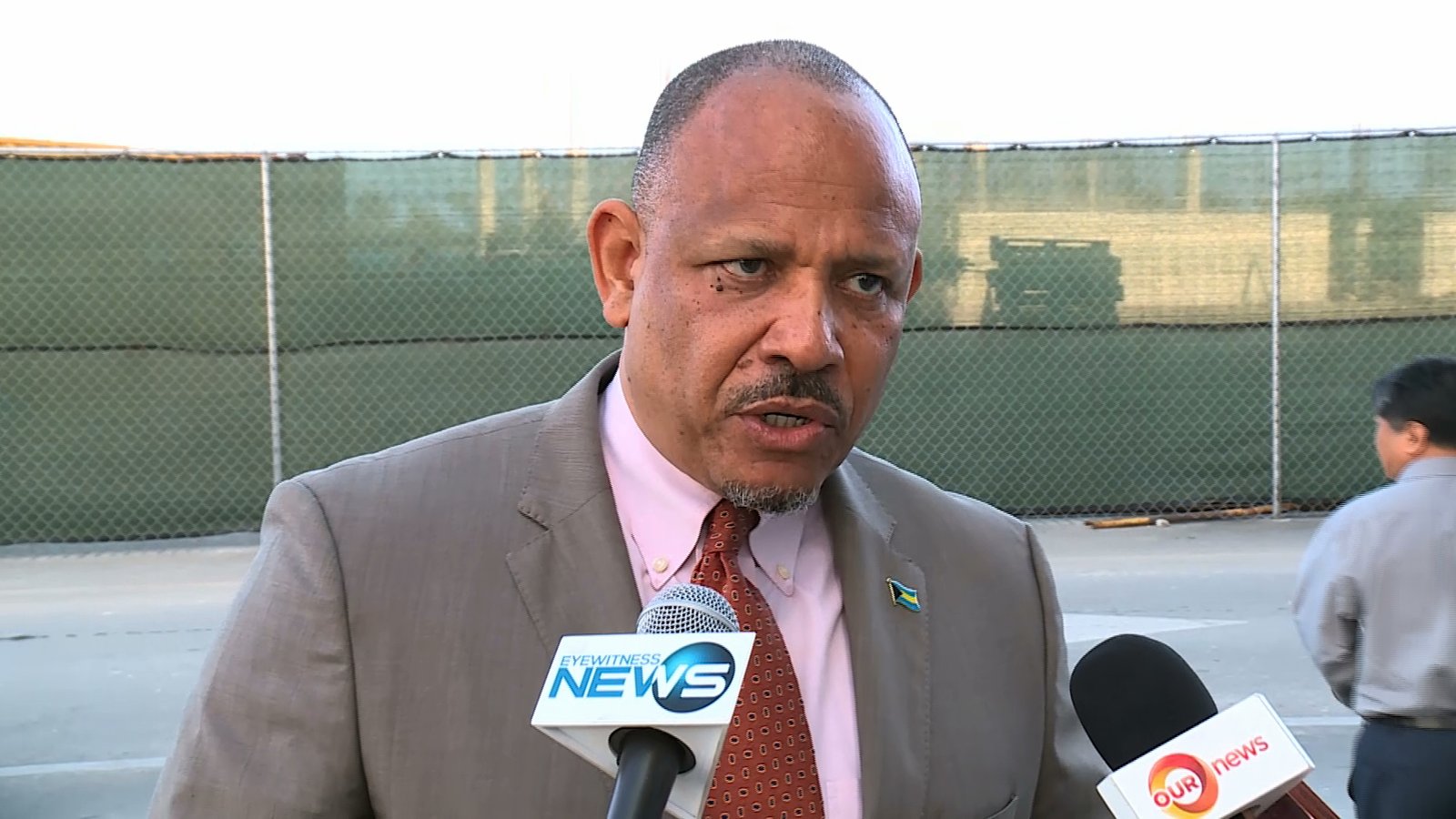Govt. seeking to hire 40 nurses in 2019/2020
NASSAU, BAHAMAS – Due to a shortage of healthcare professionals, namely nurses and physicians, National Health Insurance in The Bahamas may be “slipping through our fingers”, Minister of Health Dr. Duane Sands indicated yesterday.
Despite 308 nurses entering the healthcare system since 2015 — an average of just over 60 nurses per year — the deficit of nurses in 2018, had reached 528.
The minister said this was a direct result of the poaching practices of other territories.
“Mr. Speaker, achieving the health workforce requirements for the universal health coverage and the SDGs (sustainable development goals) might be slipping through our fingers,” Sands said during the budget debate in the House of Assembly.
“Mr. Speaker, the latest national data supports the assertion that the balance between nursing gains and losses is precarious at best.
“At less than 27 registered nurses per 10,000 population, The Bahamas is well below the minimum nurse density to support health reform (minimum 34.5 per 10,000); to achieve universal health coverage (minimum 44.5 per 10,000); to eliminate preventable maternal deaths (minimum 59.4 per 10,000.”
Sands advised that over the current fiscal period, the Ministry of Health engaged 13 physicians; 12 registered nurses; 15 trained clinical nurses; two pharmacists; one laboratory supervisor and a laboratory technologist.
He said in the upcoming fiscal year the ministry will aggressively pursue hiring an additional 40 physicians, at varying grades, 40 nurses, a health economist, an epidemiologist; 10 pharmacists; seven laboratory technologists; 11 dentists; two dental technicians; two dental assistants; three dental auxiliaries and a community clinic administrator.
“Mr. Speaker, nurses are critical to the delivery of healthcare services,” the minister said.
“This group of professionals is the largest single group of healthcare providers and comprises at least 60 percent of health professionals.
“They provide services in hospitals, community clinics, prisons, nursing homes, and urban and rural communities.
“In some of the more remote areas of the Family Islands, nurses are the only healthcare provider.
“This, Mr. Speaker, speaks to the importance of nurses to the healthcare system.”
Noting the correlation between the numbers and skill mix of nurses and health outcomes, Sands said his ministry has invested heavily in recruitment, salaries, benefits, education and training of nurses.
Sands said the ministry has made outstanding payments for benefits to nurses to the tune of $217,502.11. He added that the ministry completed a confirmation exercise, paying 53 nurses a combined $119,272.71.
The minister noted that these “chronic and critical shortages” are not limited to nurses.
He said there is a need for pharmacists, nutritionists, community health workers, technicians for lab and diagnostics services.
According to Sands, the government will amend its approach to scholarships, noting that they will no longer be given disproportionately to medical doctors, which the minister said contributes to an “unsustainable and unbalanced health reality.
“We will support fewer doctors, but more allied health professionals,” he said.
In the interim, Sands noted that the government plans to expands its skill mix in health.
As of August 2018, 29 participants competed the Public Hospitals Authority’s third cohort of the 14-week Patient Care Assistance Program.
“This staff level assists nurses in proving basic care and assistance to patients.
The government allocated $301.9 million for healthcare in the 2019/2020 budget.
Of that sum, $20 million was budgeted for the National Health Insurance Authority.
Outdated legislation
Calling the Nurses and Midwives Act, 1971 “archaic and outdated” in meeting the needs and scope of practice for nurses, Sands said after two decades new legislation to replace the act will offer significant reforms.
The bill will provide for a database of all nurses practicing as well as their professional qualifications; expand the scope of practice for registered nurses, midwives and enrolled practical nurses; and regulate the practice of advance practice nurses, inclusive of nurse practitioners, clinical nurse specialists and nurse anesthetists.
“The repealed act will also have mandatory provisions for nurses to renew their licenses annually as well [as] complete mandatory continuous professional development credits as a requirement to renew their licenses.
“Further, the act will regulate the practice of all assistive nursing personnel.”






